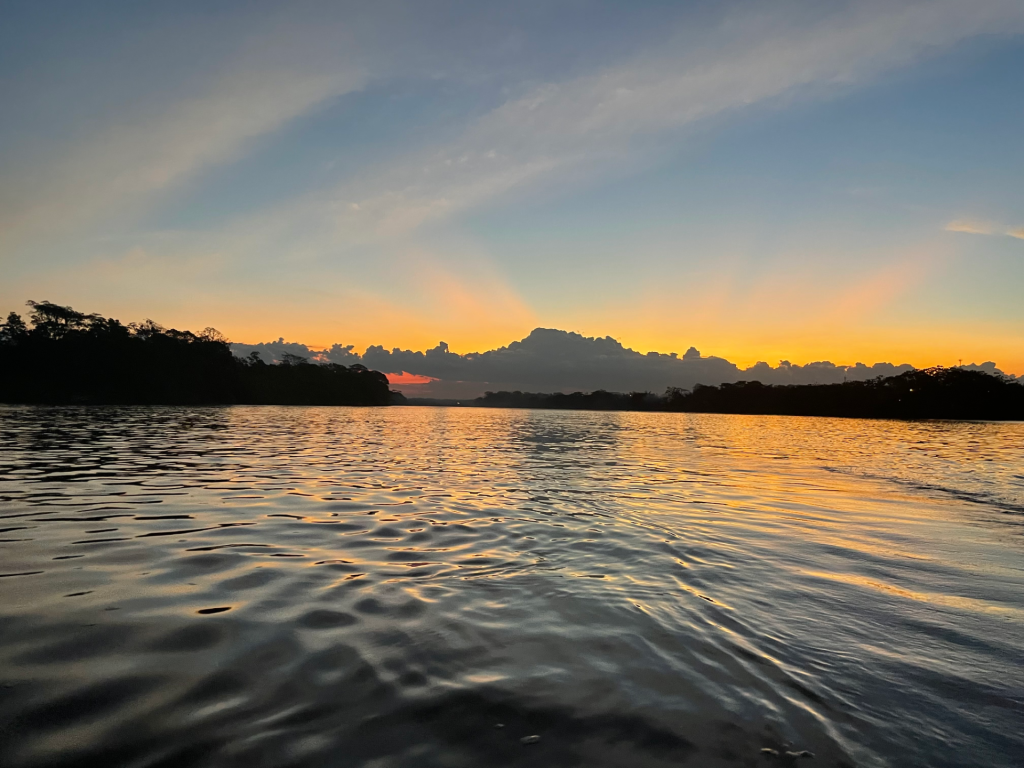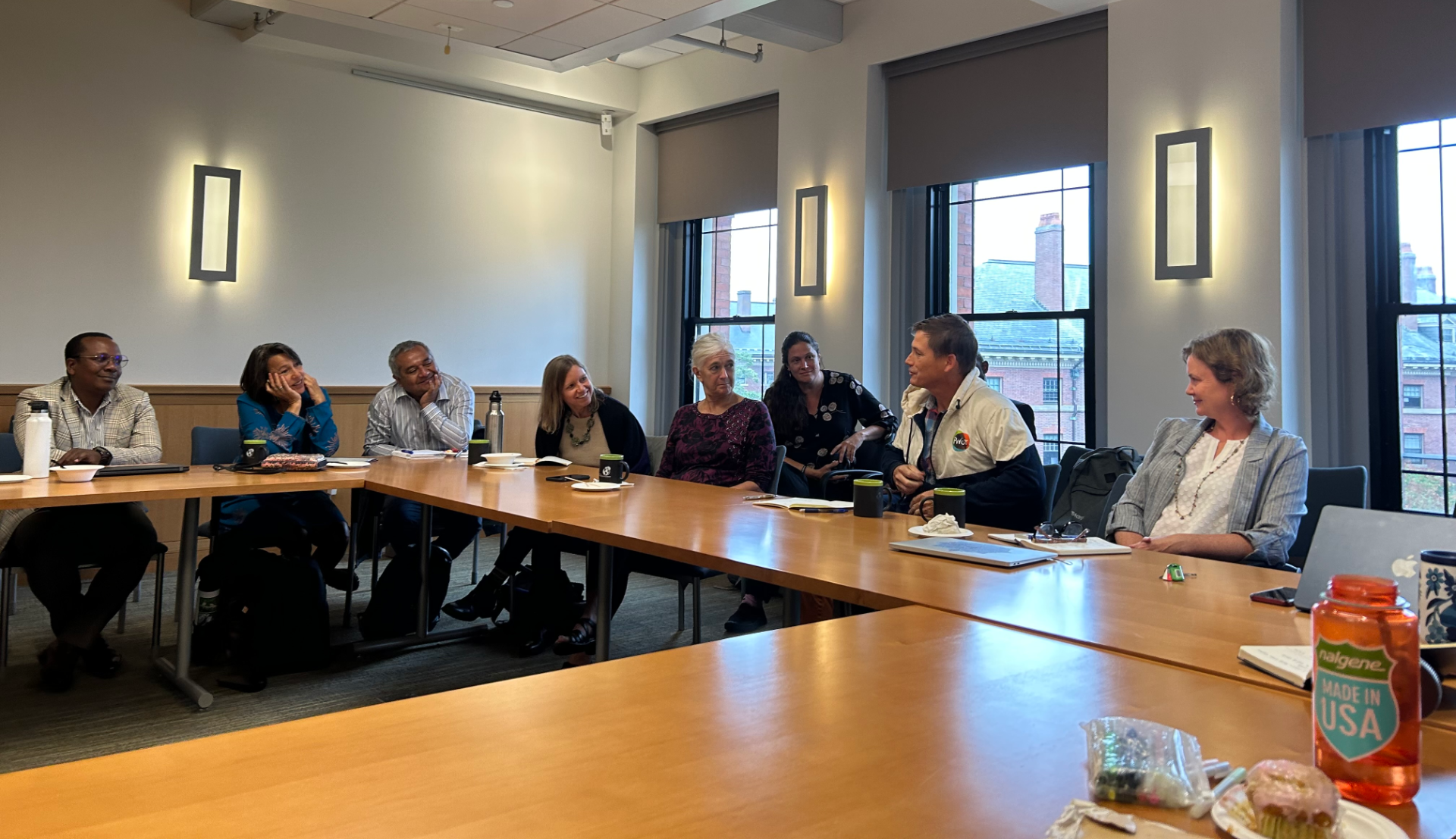In the News:
- Check out Ann Miller’s research featured in the article, “Language Barriers in the Clinic Could Harm Children’s Health.”
- See Molly Franke’s work highlighted in the article “What Will It Take to End Tuberculosis?”
From the Director:
By the end of March 2023, the impacts of climate change resonated deeply within the network of non-governmental organizations (NGOs) that we work with. In Malawi and Madagascar, Cyclone Freddy had a profound effect on areas where Partners in Health and Pivot operate, respectively. They faced an increase in water-borne diseases, displaced populations, and a rise in reported mental health issues. In Peru, where one of our long-time collaborators, Socios en Salud, is based, Cyclone Yaku led to rising river waters, floods, and mudslides. The northern coast of Peru was the most affected, with thousands of people losing their homes and critical infrastructure (hospitals, bridges, and schools) and lacking access to drinking water. Recognizing that our collaborators were already grappling with the far-reaching repercussions of climate change, we initiated discussions with NGO country leaders and local partners to address this critical issue.

Salata Institute Seed Grant Funding
The Harvard’s Salata Institute provided our team with seed funding to host our first Collaborative Workshop on Climate Change and Health on September 2023. We invited a diverse group of climate change researchers and health care implementers to form a climate health research network and plan for a joint grant submission. The workshop included an overview of basic climate science, the geography of global warming and extreme weather events, and a summary of global priorities in climate and health. These were followed by presentations from attendees on community engagement activities and operational research trainings. The meetings concluded with a commitment to future collaboration with a focus on community involvement in climate health research.
Harvard Global Health Institute Funds 2nd Climate Change and Health Workshop
We will host our second workshop in May 2024 to reconvene our group and further pursue the ideas we generated at our first workshop and strategize about ways to fund these joint research projects.
What’s Next?
We aim to grow our network of collaborators and continue to generate ideas about locally-relevant interventions to alleviate suffering caused by climate change. We hope to find funding to support pilot projects proposed by our network of collaborators and assist them in advancing their research by providing research capacity support and helping them in securing more significant funding for future work. Among these pilots is a wastewater-based epidemiology project that the core team will initiate in the Peruvian Amazon this April. Stay tuned for more.

